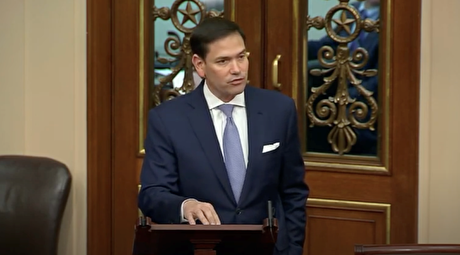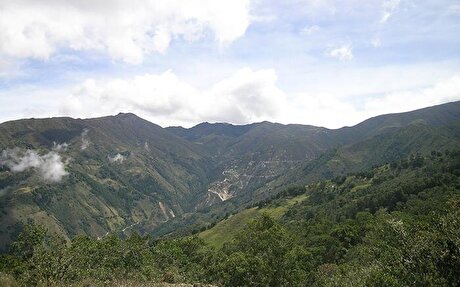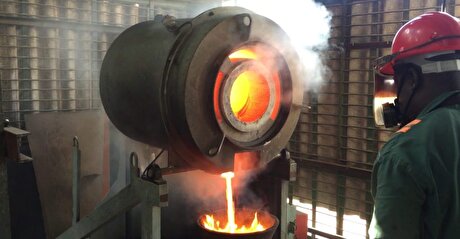
European Aluminium Industry to support EU Green Deal: European Aluminium

European Aluminium, the ambassador of the industry said in a press release that the aluminium industry has already designed a bold strategy that can cut CO2 emissions in primary aluminium smelting by up to 70% by 2050 and save an extra 1500 million tonnes of CO2 emissions through increased recycling. The industry even plans to save an extra 1500 million tonnes of CO2 emissions through recycling.
“The European aluminium industry wants to drive the deep transformative policies and practices that are needed to realise the carbon-neutral and circular economy in Europe. The industry is already delivering on its aim to realise the industry’s greenhouse gas reduction potential set out in our sustainability roadmap. The carbon intensity of primary aluminium production in Europe decreased by 21% versus 2010 and by 55% versus 1990 1,” said Gerd Götz, Director General of European Aluminium.
EU has designed the Green Deal as a policy framework that is comprised of a number of policy proposals covering various aspects like climate, energy, environment, circular economy and industrial policy. This is aimed at decarbonisation of Europe while reshaping the economy.
“We expect the Green Deal to be the compass of Europe’s growth strategy but also to deliver the necessary policy foundations for European businesses to invest and ‘strive for more,’” he added.
He expects the deal to put an end to fragmented policy making while putting up a bold step towards introducing a bold and complementary industrial strategy, which will emphasise on free and fair trade, revised competition policy, easy energy access and a circular economy.
European Aluminium released its Vision 2050 report earlier, which articulates a clear outlook for the development of a carbon-neutral, circular, and energy-efficient aluminium value chain in Europe by 2050.
According to the press release global aluminium demand would grow by 50% by 2050. In Europe, aluminium demand will be met by primary aluminium and recycled aluminium by 50:50. It claims that if supported by right policies, the CO2 emissions from primary smelting can be reduced by up to 70% compared to 2014. Increased recycling can save an extra 1500 million tonnes of CO2 emissions by 2050, further contributing to decarbonisation and the circular economy.



Codelco seeks restart at Chilean copper mine after collapse

Uzbek gold miner said to eye $20 billion value in dual listing

Hudbay snags $600M investment for Arizona copper project

BHP, Vale offer $1.4 billion settlement in UK lawsuit over Brazil dam disaster, FT reports

Peabody–Anglo $3.8B coal deal on the brink after mine fire

SSR Mining soars on Q2 earnings beat

Minera Alamos buys Equinox’s Nevada assets for $115M

Century Aluminum to invest $50M in Mt. Holly smelter restart in South Carolina

A global market based on gold bars shudders on tariff threat

Samarco gets court approval to exit bankruptcy proceedings

US eyes minerals cooperation in province home to Reko Diq

Allegiant Gold soars on 50% financing upsize

Explaining the iron ore grade shift

Metal markets hold steady as Trump-Putin meeting begins

Trump to offer Russia access to minerals for peace in Ukraine

Gemfields sells Fabergé luxury brand for $50 million

Gold price stays flat following July inflation data

Eco Oro seeks annulment of tribunal damage ruling

Zimbabwe labs overwhelmed as gold rally spurs exploration, miner says

Samarco gets court approval to exit bankruptcy proceedings

US eyes minerals cooperation in province home to Reko Diq

Allegiant Gold soars on 50% financing upsize

Explaining the iron ore grade shift

Metal markets hold steady as Trump-Putin meeting begins

Trump to offer Russia access to minerals for peace in Ukraine

Gemfields sells Fabergé luxury brand for $50 million

Gold price stays flat following July inflation data

Eco Oro seeks annulment of tribunal damage ruling















